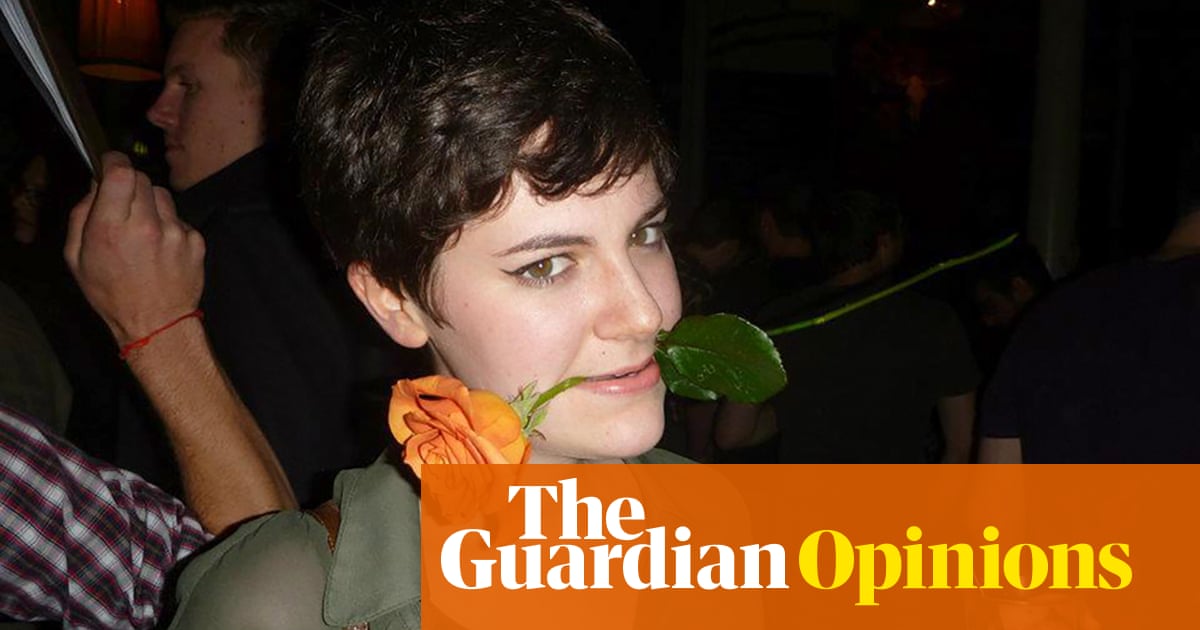
When my mother died in my early 20s, I hoped my estranged father might become the parent I so badly needed. Our relationship was never the stuff of John Lewis Christmas adverts. In fact, for most of my life we had been strangers to each other. We only began to be in contact regularly after my mother’s death and a DNA test officially confirmed I was his.
If this sounds like a promising premise for a fairytale happy ending, I have yet to read that particular story – but at the time, I convinced myself I could live it. Now I’m in my 40s, I’ve come to realise I don’t need him in my life. I haven’t seen him for seven years, and we last spoke a year ago. I wish I had known earlier how liberating it would feel to cut off contact.
When I was 23, I found myself face-to-face with my father in the lobby of London’s Park Lane Hilton hotel after the DNA test officially confirmed his paternity. I had met him a handful of times before, but had never understood our true relationship – he was often described as my “mother’s friend”. She had died by suicide the year before and I was looking to find love, acceptance and a saviour in him as my now sole parent. I sat opposite him, hugging my late mother’s blue floral cardigan tightly around myself. I noticed his eyes were identical to mine (same shape, colour, shortsightedness). And even with his German accent, I could hear that we had the same dry, self-deprecating humour.
Our relationship clunked along from there. He was married with a family in Austria who knew nothing about me. We met up in secret in hotel lobbies in different cities, advancing painfully through the decade it took him to tell his family about me. Sometimes he would buy me designer gifts, but I never felt able to enjoy them. All I wanted was a caring father.
Our phone calls became the most consistent thing in our relationship. Twice a year, we would speak on the phone: at Christmas, and on my birthday, in July. But I always felt like the final task on his to-do list. Each call only lasted a few minutes, but I would hang on to every word, desperate for connection with him.
I believed my fantasy version of a father would eventually show up on the line. Someone who would say he was proud of me, that he loved me, that he was happy to have me in his life. The alternative – that I had no parents left – was too painful to accept.
I would find myself in character: fawning and desperate for his recognition. I couldn’t let him see the anger, sadness and frustration boiling inside of me. I would tell him how much I loved hearing his voice. I would relay how wonderful everything was. I would rack my brain for any kernel of accomplishment that might make him notice me.
But he would cut me off midway through. He would tell me he wanted to come and visit, but he never would. He would heap praise on my half-siblings – his “real” family. I’m not sure if he was trying to wound me with his throwaway comments, but his words left puncture marks on my heart.
I felt lonelier and more damaged after speaking to my father for those 180-odd seconds than I did at any other moments of my adult life. So I quit, cold turkey, the same way I gave up cigarettes, alcohol and grieving the family unit every pop culture film had promised me.
The last time I spoke to him, I was in Miami on Christmas Day, surrounded by my delicious kids and husband, ultra-processed American snack foods and endless stretches of sand and sea. It should have been total bliss, but after one of our biannual phone calls, I was shaking with rage and sobbing for my mortally wounded inner child. I realised things had to change. I was done pretending, tired of forcing something that wasn’t there, mystified how, as a culture, we seem to relish this idea of “fighting” to preserve relationships with DNA relatives, whatever the cost to our mental health.
Now when he calls, I resist the temptation to answer and push down thoughts that this time could be different. What I have realised is that there is a love story at the heart of my father-daughter relationship: the one I’m forging with myself. Sometimes, the most satisfying part of any story – fairytale or otherwise – is getting to the end.
Jennifer Barton is a freelance writer working on her first novel. Born and raised in New York, she is now based in London












